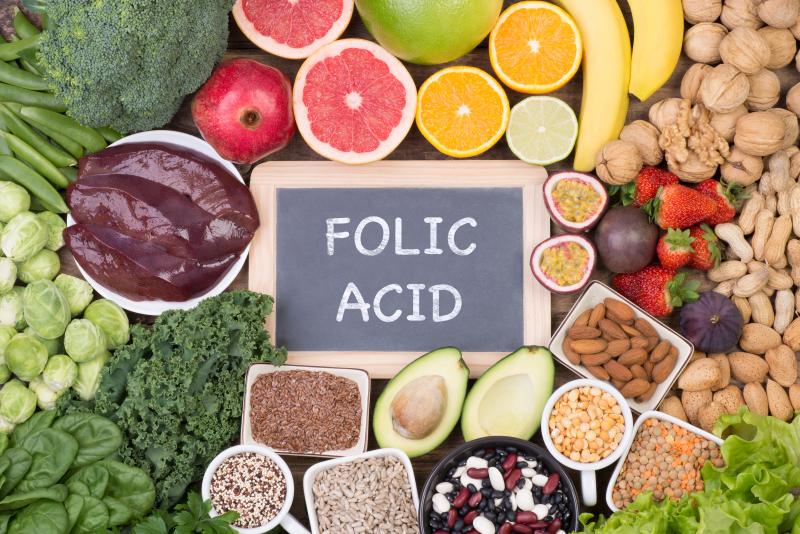
The presence of unmetabolized folic acid (UMFA) in the circulation appears to increase the risk of breast cancer, results of a nested case-control study have shown.
“Folates found in natural foods are thought to protect against cancer,” the authors said. “However, folic acid, a synthetic form of folate used in supplements and fortified foods, may increase breast cancer risk if present in unmetabolized form in the circulation.”
This nested case-control study was conducted in a prospective cohort, in which 553 patients with invasive breast cancer, diagnosed before mandatory folic acid fortification of grain in the US in 1998, were individually matched to 1,059 controls.
Liquid chromatography mass spectrometry was used to measure serum UMFA as well as 5-methyltetrahydrofolate (5-mTHF) in stored samples. The latter was also corrected for storage degradation.
No association was found between serum UMFA and breast cancer risk. The proportion of women with detectable levels of UMFA was comparable between cases and controls (18 percent vs 20 percent; p=0.46). Two tag-single nucleotide polymorphisms in the promoter region of the folic acid-metabolizing gene also did not correlate with the risk.
On the other hand, a marginally significant inverse association was noted between 5-mTHFcorrected and breast cancer risk (odds ratio for the highest vs lowest quintile, 0.69, 95 percent confidence interval, 0.49–0.97; ptrend=0.08).
“These results apply to countries without mandatory folic acid food fortification,” the authors said. “Studies are needed in countries with mandatory fortification, where levels of UMFA are much higher than in our study.”